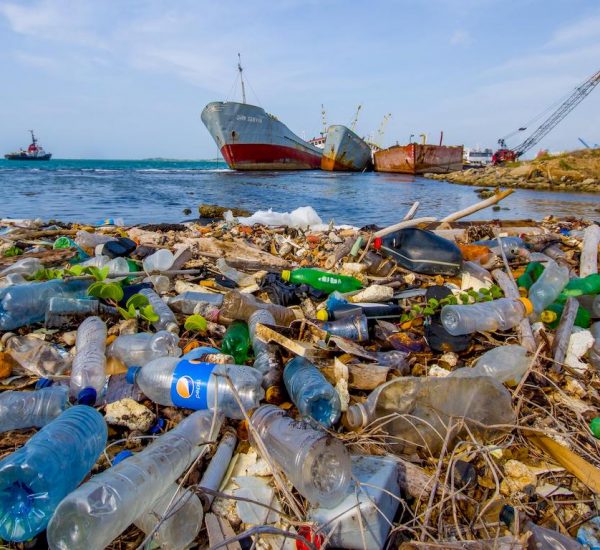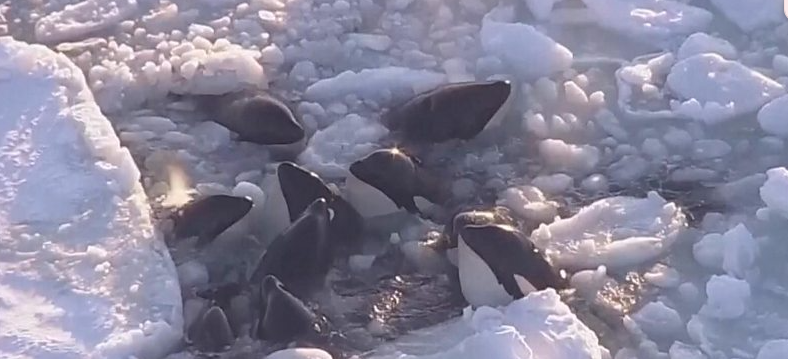Plastic pollution is increasingly contaminating the oceans and threatening the fishing industry. According to data shared by the FAO during a recent workshop, approximately 640,000 tons of fishing nets and plastic debris are abandoned in the seas every year. These wastes kill numerous marine species, reducing fishery production.
In this context, Madagascar hosted yesterday the second session of an international workshop focused on reducing marine plastic waste, held at the Ibis Ankorondrano hotel. The meeting brought together several African countries, including Kenya, Senegal, and Tanzania. This follows a first edition organized in Kenya in 2021.
Désiré Tilahy, Secretary General of the Ministry of Fisheries and Blue Economy, emphasized that the project aims to reduce and eliminate such waste, especially along the coasts. “Madagascar is an island; our goal is to protect our marine resources and eradicate this form of pollution,” he stated.
Plastic waste not only harms fish but also damages fishing nets and disrupts fishermen’s activities. This threatens food security and the livelihoods of many communities that depend on the sea.
To tackle this challenge, Malagasy authorities collaborate with international organizations such as the FAO and the International Maritime Organization. Together, they work on implementing conventions to reduce marine pollution, particularly from maritime activities and shipping.
Such cooperation is essential to preserving marine biodiversity and ensuring a sustainable future for the fisheries sector.
Source: allafrica




